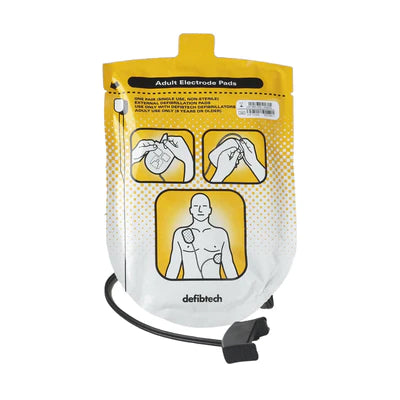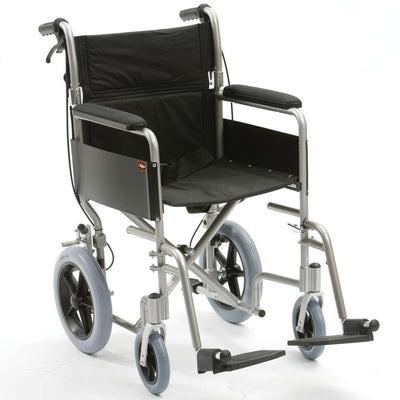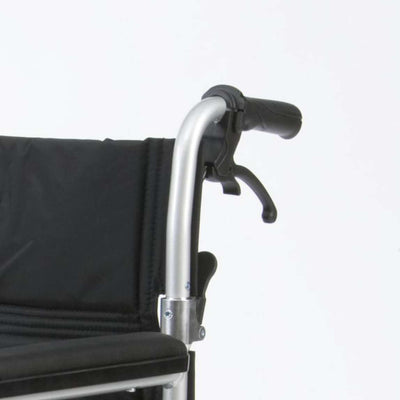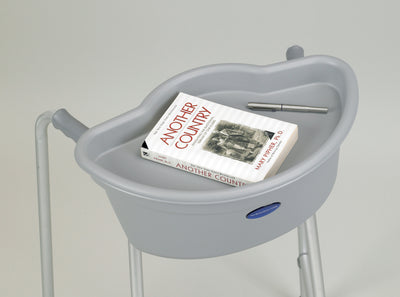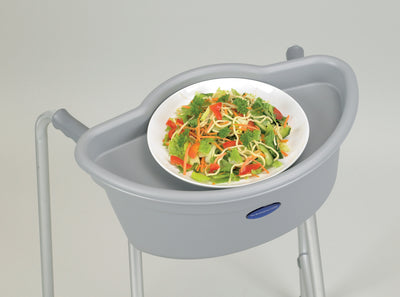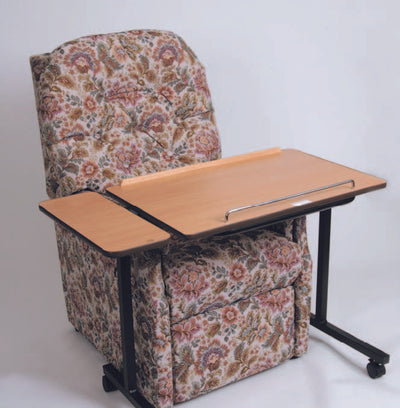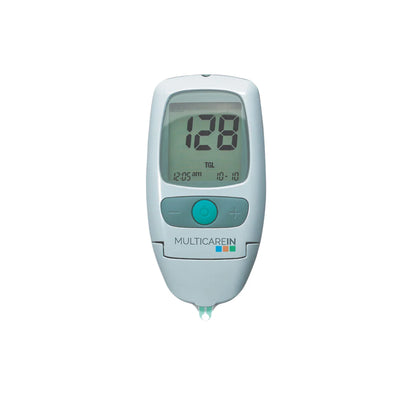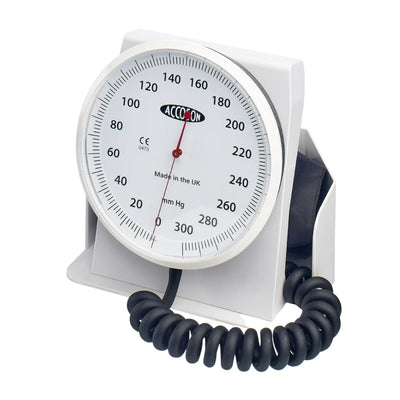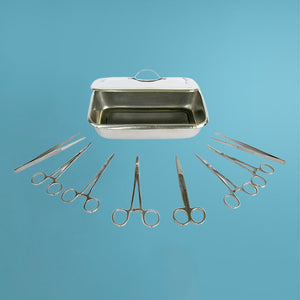Sleep disorders are very common for dementia patients. Medication and changes in the natural production of melatonin can affect the quality and quantity of sleep a person gets. Many dementia sufferers will find that they sleep a lot more, while some will find that they struggle to sleep at night and can, instead, be at risk of night wandering and confusion.
Sleep medication is not usually recommended for dementia patients, but establishing a healthy sleep routine can be hugely beneficial. Here are some useful ideas to help dementia sufferers to find a healthy relationship with sleep, and improve their day to day lives.
Routine
Dementia patients often lose track of time and struggle to stay on track with the rhythms of a regular day. Introduce a good sleep routine and make sure the patient sticks to it as much as possible. Going to bed and getting up at the same time each day will help to ensure the dementia patient gets enough sleep, as well as preventing them from inadvertently becoming distracted and staying awake throughout the night, when they could potentially come to harm.
Napping
Often a daytime nap is very beneficial for an elderly person or one who is affected by dementia. However, it’s best to avoid napping too late in the day and even better if naps can be taken before lunch so they don’t jeopardise the evening sleep. Your GP can advise on a good sleep routine, including how to keep a sleep diary.
Fresh Air
Maintaining a healthy body clock will be made all the easier with exposure to daylight. Get into the routine of taking the patient outdoors for a short walk (if they are able to) or even to sit in the fresh air and soak up some vitamin D - even, and especially, in winter (just make sure to wrap up warm). Walking in the morning will help to motivate the patient to get dressed, keep active or focused and will ready them for a short nap before lunch.
Food
Eating a heavy meal in the evening can often prevent natural sleep, as the body is using a lot of energy to digest the food. Drinking too much in the evening will inevitably cause sleep to be interrupted for through the night trips to the toilet. Dementia patients often experience smaller appetites or can lose interest with eating during a meal so it’s best to start the day with a larger meal, and decrease the size of the meals as the day goes on. The same applies to drinking. It’s very important to keep hydrated but it’s also important to be mindful about reducing the liquid intake as the evening approaches.
Comfort
Make the bedroom as comfortable as possible. Use blackout blinds to keep the room dark, make sure the bedroom is a comfortable temperature by using a fan in the summer and extra heaters if needed in winter. Make the bed as comfortable as possible - invest in a heated mattress cover, a supportive, comfortable cervical pillow or a knee pillow for a supportive sleep.
Need more help? We're always here to help so get in touch today.
For all your Medical and Homecare supplies give us a call at Mediworld.
We have over 40 years experience in medical, surgical, mobility and home health supplies and we're always on hand to chat if you need support or advice. Follow us on Twitter and Facebook and don't forget to read our other great health blogs!
November 2021


